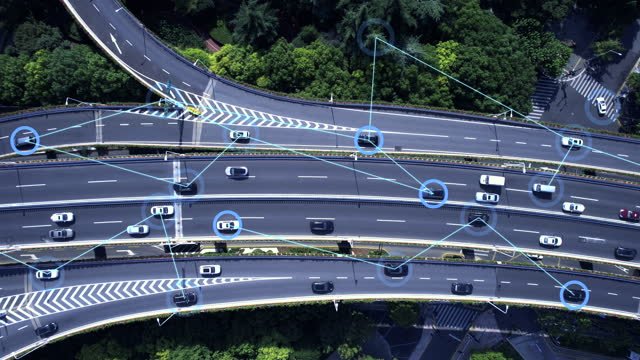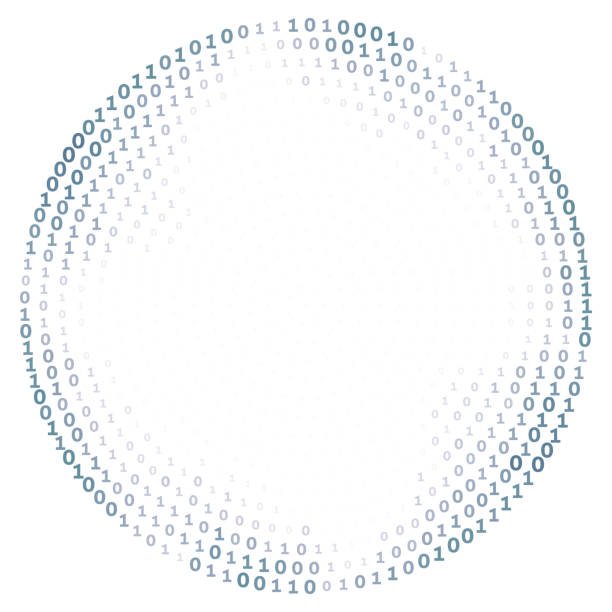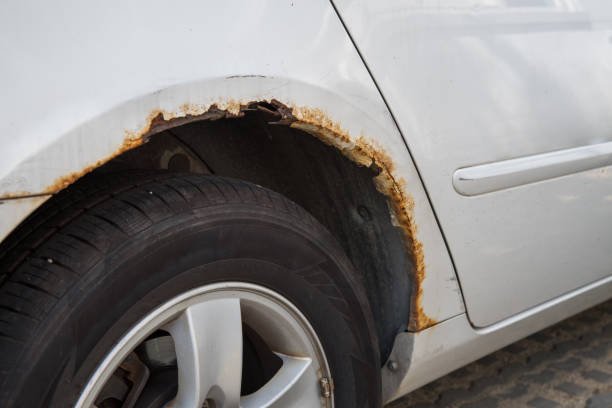South Africa has embraced various smart technologies to revolutionise its transportation system, leading to increased efficiency, safety, and convenience. In the country’s efforts to modernise its transport, several innovative technologies are being implemented, ranging from public transport to private vehicles and logistics solutions. These advancements have not only contributed to the development of South Africa’s transport sector but have also made commuting more accessible and streamlined for the general populace.
Different Smart Technologies are Currently Used in the Transport
Different smart technologies that are currently used in transport are:
Public Transport Smart Technology Solutions
- Integrated Public Transport Networks (IPTNs)
- Contactless Payment Systems
- Real-Time Tracking and Scheduling
- High-Speed Rail Networks
- Autonomous Public Buses
Private Transport Smart Technology Solutions
- Vehicle Telematics
- Electric and Hybrid Vehicles
- Ride-Sharing Platforms
- Autonomous Vehicles
- Vehicle-to-Everything (V2X) Communication
Logistics and Smart Technology Freight Solutions
- Automated Warehouse Systems
- Fleet Management Systems
- Drone Delivery Services
- Hyperloop Technology
- Smart Ports
- Robotics in Warehousing
Public Transport Solutions
- Integrated Public Transport Networks (IPTNs): South Africa has started to implement IPTNs in cities like Johannesburg and Cape Town. These systems use real-time data and GPS to synchronise various public transport modes such as buses, trains, and taxis. This allows for better route planning, timely arrivals, and improved service delivery.
- Contactless Payment Systems: The introduction of contactless payment cards like the MyCiTi card in Cape Town has allowed passengers to pay fares quickly without cash, making public transport more user-friendly.
- Real-Time Tracking and Scheduling: Apps like GoMetro provide real-time information on train schedules, delays, and platform changes. Such technologies help commuters to plan their journeys effectively and reduce waiting times.
Private Transport Solutions
- Vehicle Telematics: Advanced telematics systems in private vehicles enable features like real-time tracking, route optimisation, and fuel management. Insurance companies in South Africa often use this data to offer personalised premiums based on driving behaviour.
- Electric and Hybrid Vehicles: The growing popularity of electric and hybrid cars in South Africa has seen the installation of charging stations across major cities. This development is part of the global move towards greener and more sustainable transport solutions.
- Ride-Sharing Platforms: Apps like Uber and Bolt have transformed how people move within cities. These platforms utilise intelligent algorithms to match drivers with passengers, calculate optimal routes, and provide cost estimates.
Logistics and Freight Solutions
- Automated Warehouse Systems: South Africa’s logistics industry is integrating automated systems that manage inventory, sort parcels, and utilise robotics to enhance efficiency and reduce human error.
- Fleet Management Systems: These tools use GPS and real-time data to track and manage large vehicle fleets, ensuring timely deliveries and optimal route planning.
- Drone Delivery Services: Some companies are experimenting with drone technology to make fast and environmentally friendly deliveries in certain areas.
In the South African context, these smart technologies are not just improving the way people and goods move but also play a crucial role in the economic development of the country. Examples like the MyCiTi card and Uber demonstrate how technology has been successfully adapted to local conditions. The continued integration of such technologies promises a more streamlined and sustainable future for South African transport, backed by data-driven decisions and user-friendly interfaces that suit both the urban and rural populace.
International Perspective on Smart Technologies in Transport and Comparison with South Africa
The advent of smart technologies in the transport sector is a global phenomenon, with different countries adopting unique solutions tailored to their specific needs and challenges. Here’s an overview of smart technologies used in various parts of the world, and a comparison with those implemented in South Africa.
Public Transport Solutions
International Examples
- High-Speed Rail Networks: Countries like Japan and France utilise high-speed trains, such as the Shinkansen and TGV, respectively. These systems rely on advanced signalling, track alignment, and aerodynamics.
- Smart Transit Cards: London’s Oyster card and Hong Kong’s Octopus card offer seamless travel across different modes of public transport using contactless technology.
- Autonomous Public Buses: Cities like Singapore have begun experimenting with autonomous buses that can operate without human drivers.
Comparison with South Africa
South Africa’s IPTNs and contactless payment systems align with global trends but lack the high-speed rail technology prevalent in some advanced countries. However, the nation is gradually adopting real-time tracking and scheduling systems similar to those in other parts of the world.
Private Transport Solutions
International Examples
- Autonomous Vehicles: Countries like the USA and Sweden are testing self-driving cars that promise to redefine personal transportation.
- Vehicle-to-Everything (V2X) Communication: This technology, found in countries like Germany, allows vehicles to communicate with each other and the surrounding infrastructure.
- Electric Vehicle Infrastructure: Norway leads in electric vehicle adoption, supported by a robust network of charging stations.
Comparison with South Africa
South Africa’s growth in electric vehicles and telematics is in line with global progress, but autonomous driving and V2X communication are still in early development stages compared to leading countries.
Logistics and Freight Solutions
International Examples
- Hyperloop Technology: Nations like the UAE are exploring Hyperloop systems that use vacuum tubes for rapid goods and passenger transport.
- Smart Ports: Advanced automation in ports such as Rotterdam in the Netherlands optimises shipping and logistics through real-time data analysis.
- Robotics in Warehousing: Countries like China utilise advanced robots for sorting and handling goods in large logistics centres.
Comparison with South Africa
South Africa’s logistics solutions, including automated warehouse systems and fleet management tools, are catching up with international standards. However, groundbreaking technologies like Hyperloop and extensive port automation are not yet prominent in the country.
The integration of smart technologies in the transport sector reflects a global shift towards more efficient, sustainable, and user-friendly systems. While South Africa is making significant strides in many areas, including public transport and logistics, there are still aspects where it can learn from international practices. By embracing emerging technologies and adapting them to local needs, South Africa has the potential to further enhance its transportation landscape and align with global leaders in the field. High school learners in South Africa can take inspiration from these international advancements to imagine and innovate for the future of transport in their country.






